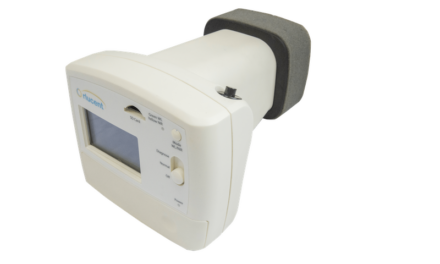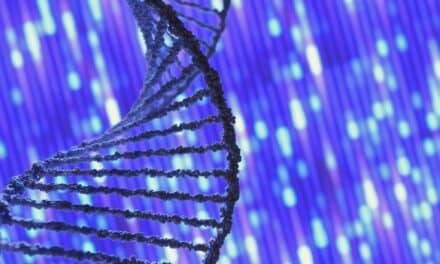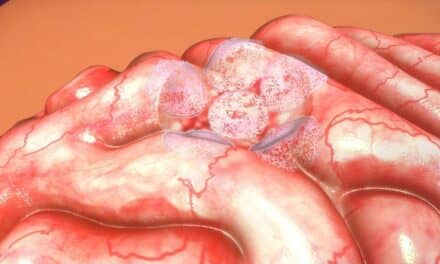New data from Myriad Genetics Inc, Salt Lake City, has demonstrated that one of the company’s proprietary techniques classifies variants in cancer risk genes with high accuracy.
Myriad’s myVision variant classification program comprises several proprietary techniques for classifying hereditary cancer variants, including Pheno, M-Co, InSite, and LitView. The Pheno technique is a history-weighting algorithm developed after sequencing the DNA of more than 400,000 patients.
In a recent study, the Pheno algorithm was used to analyze variants of unknown significance associated with high cancer risk genes, including BRCA1, BRCA2, MLH1, MSH2, and MSH6.1 Additionally, the algorithm was updated to analyze variants of unknown significance in moderate cancer risk genes, including ATM, CHEK2, and PALB2. The study results showed that Pheno was more than 99.5% accurate for upgrading and downgrading variants of uncertain significance to more definitive clinical classifications.
“As the world leader in multigene panel testing for hereditary cancer, we have a long track record and commitment to advancing the science of variant classification,” says Johnathan Lancaster, chief medical officer at Myriad Genetic Laboratories. “Our goal is to provide physicians with the highest quality results possible for every test we perform.
“As the myRisk hereditary cancer 25-gene panel test becomes more integrated into clinical practice, there will be a need to classify a greater number of variants,” continues Lancaster. “Variants of uncertain significance are particularly problematic for physicians because they leave questions as to whether variations in a patient’s DNA are of concern. This study demonstrates the ability of Pheno to accurately classify variants from a broader range of genes, which should help reduce anxiety for more patients and their families.”
For more information, visit Myriad Genetics.
REFERENCE
- Bowles K. Reclassification of uncertain variants identified in high and moderate cancer risk genes using history-weighting analysis [abstract]. Poster presentation at the American College of Medical Genetics and Genomics annual meeting (Phoenix: March 9–11, 2016).





